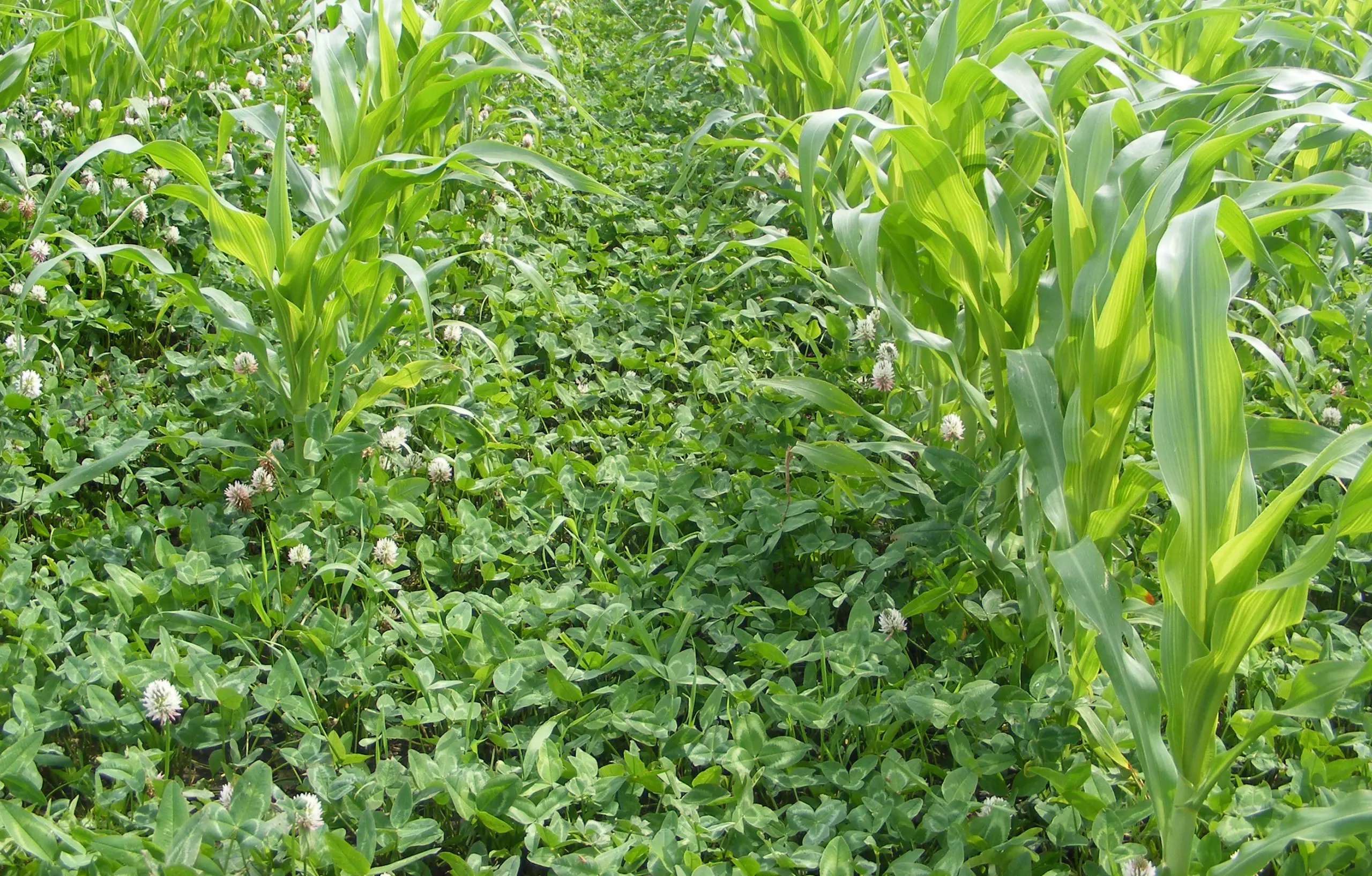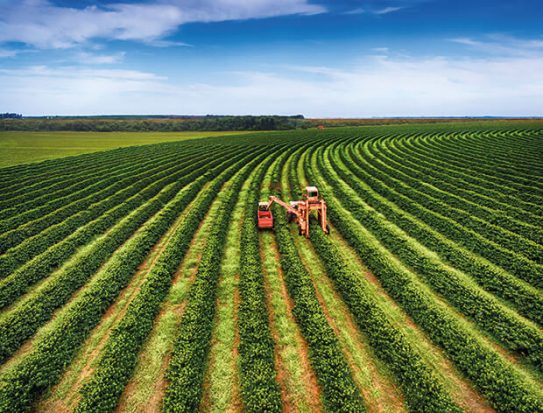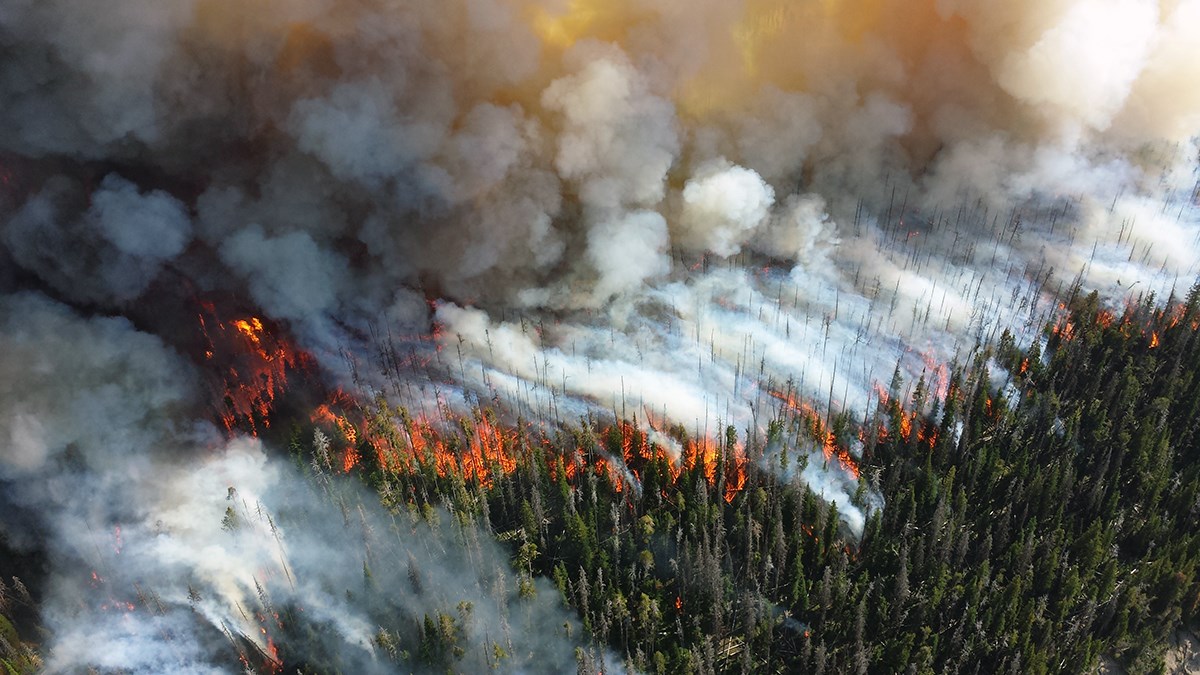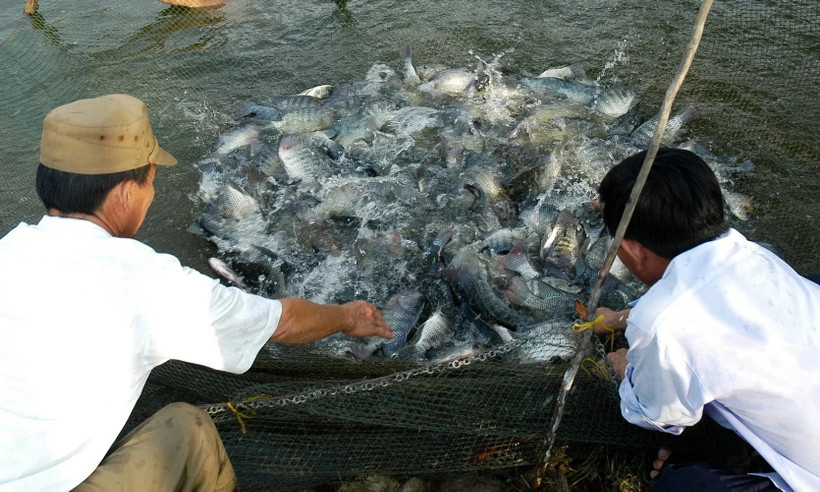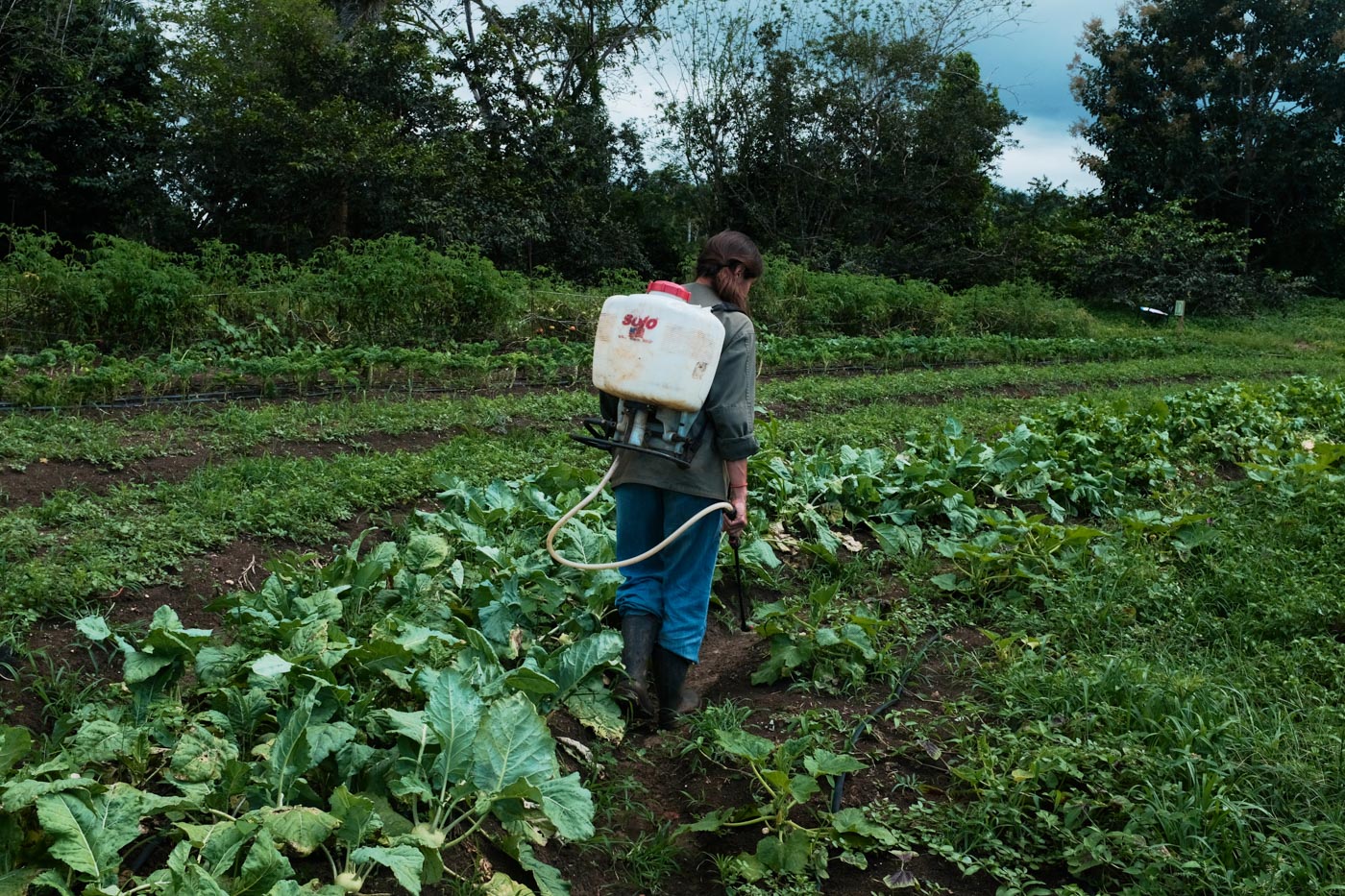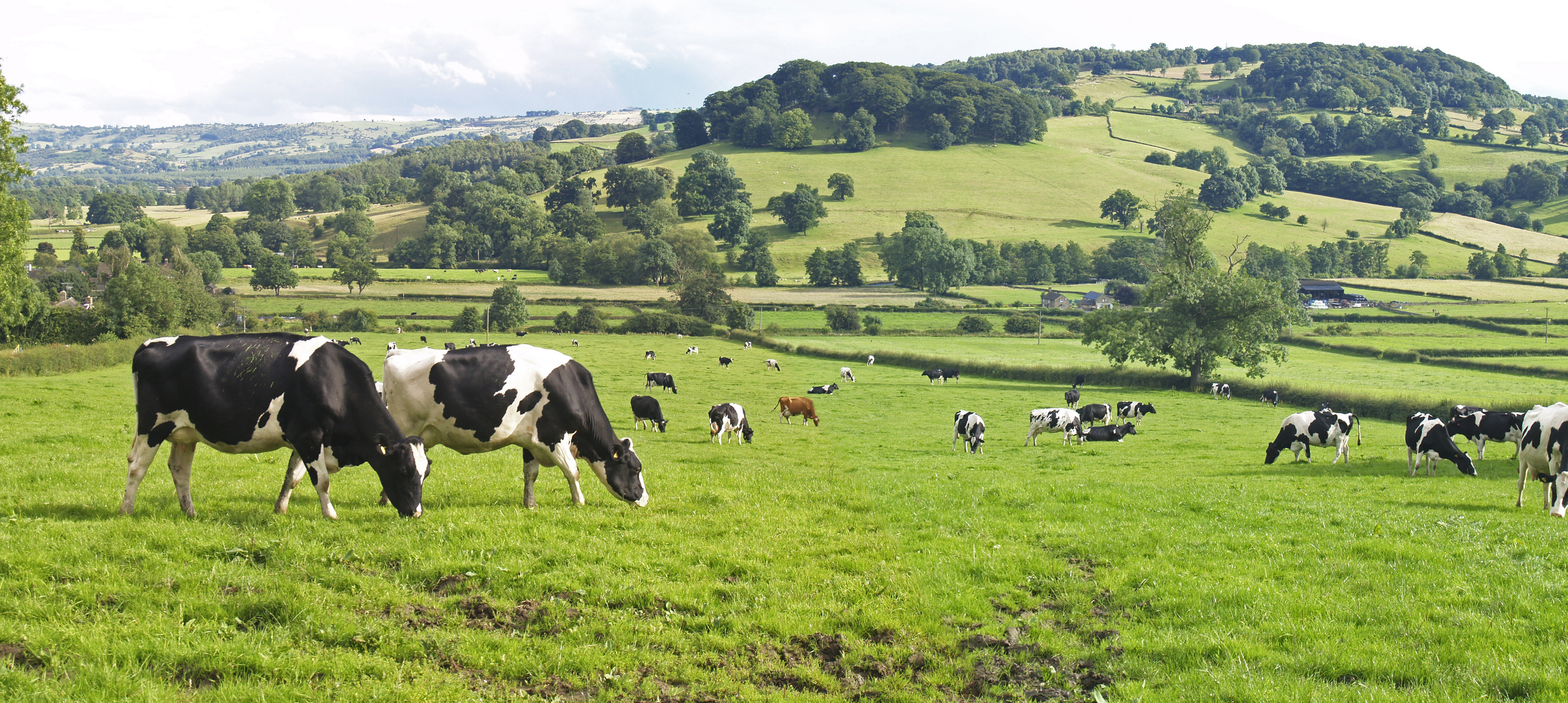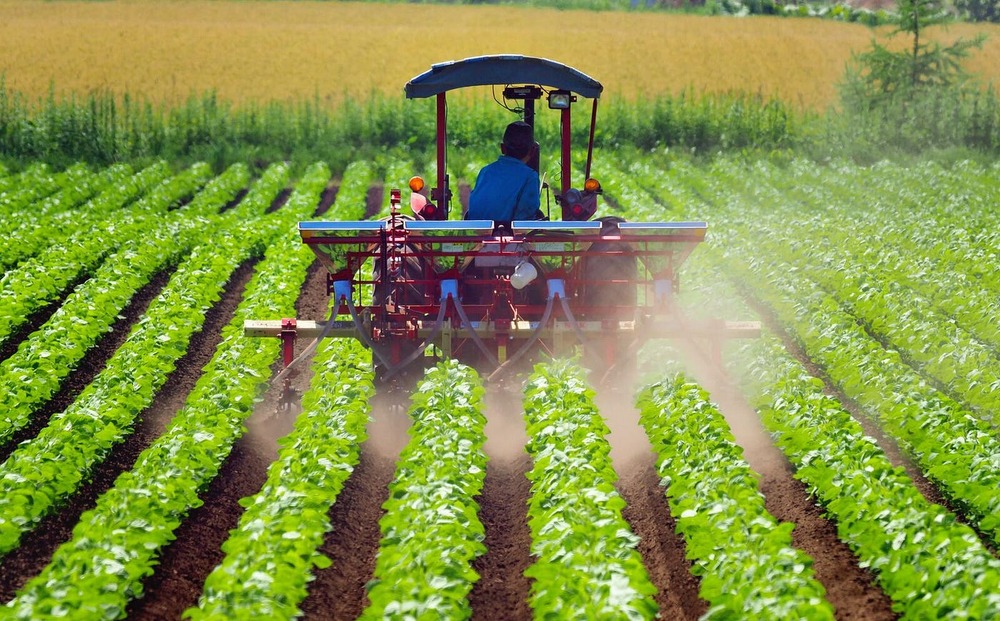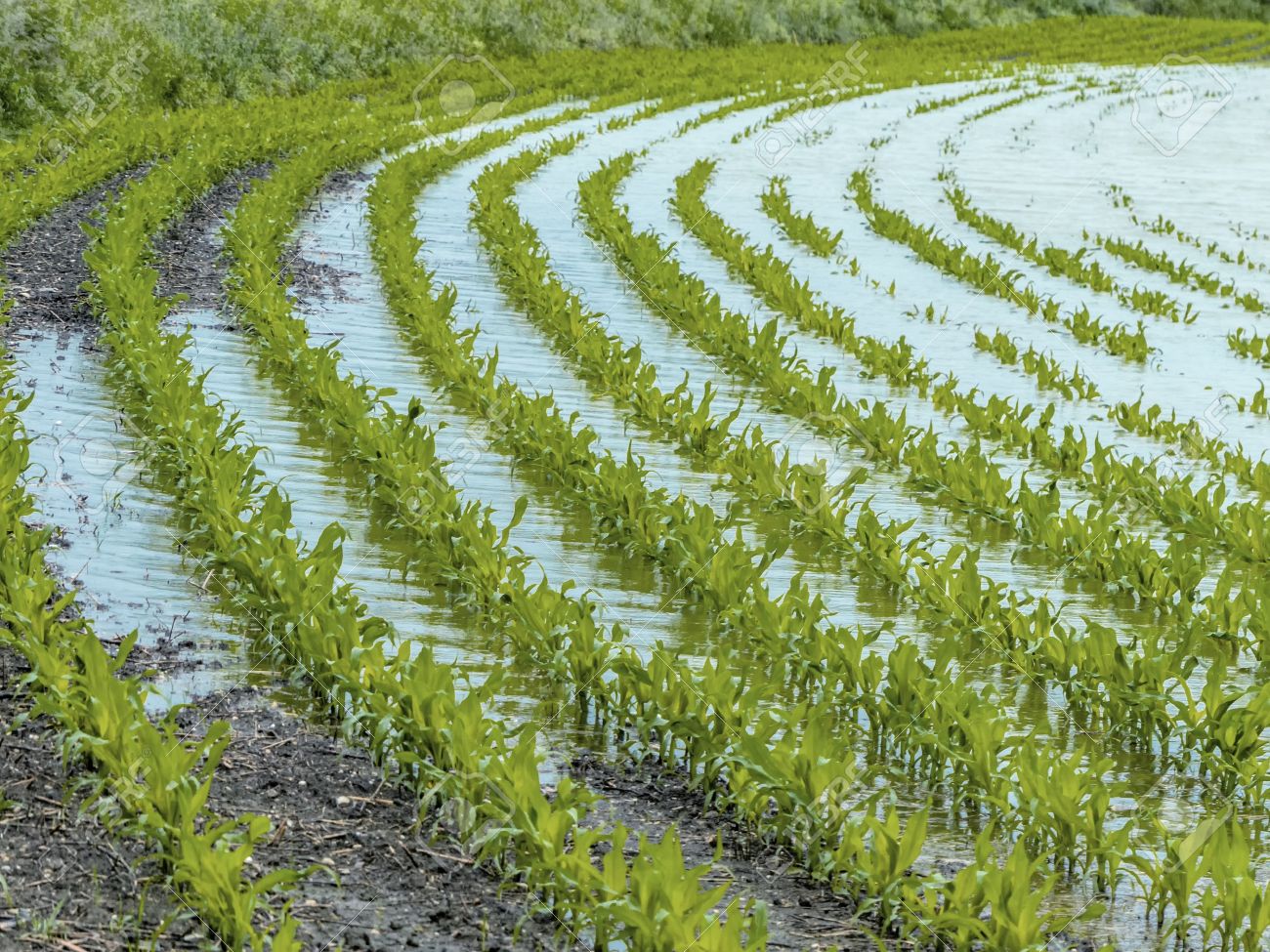Cover crops cost money, can lead to yield loss and don’t produce a harvestable crop. This may lead farmers to ask, “Why cover crops?”
Laura Gentry, IL Corn director of water quality science, acknowledged the reluctance of farmers to plant cover crops. But there are also compelling reasons to grow them as a conventional corn and soybean farmer, she said during a recent University of Illinois Extension farmdoc webinar. She also highlighted programs that can help farmers make the best decisions for their fields.
“For most farmers, cover crops are a defense strategy,” said Gentry. “Cover crops also measurably improve soils in ways that directly benefit our cash crops.”
Gentry said planting cover crops can improve the soil through the build-up of organic matter, boost soil tilth through the soil structure, enhance water drainage and increase water holding capacity.
Ultimately, Gentry said cover crops are needed to help Illinois reach its Nutrient Loss Reduction Strategy (NLRS) goals.
The state aims to eventually reduce total nitrogen and phosphorus loss by 45%.
“Illinois Corn Growers, Illinois Soybean Association and other farming organizations in Illinois, we are all active stakeholders in the development of the Nutrient Loss Reduction Strategy,” she said.
When IL Corn began developing its response to NLRS goals, Gentry said the organization came to understand what these goals could mean for new regulations for farmers. She explained IL Corn wanted to create something that could help guide farmers in the soil conservation space, empowering them to make decisions now that will save them from future government regulations.
As a result, the Precision Conservation Management Program (PCM) was launched in 2015.
“We knew farmers needed to find ways to address conservation issues that were becoming more and more frequently reported, more scrutinized and more criticized,” she said.
The program aims to help farmers make decisions about conservation practices. Additionally, PCM provides resources to help farmers understand what these practices mean in terms of impact on farm operations, return on investment and the farmer’s annual incomes.
“Using cover crops just when and where they make the most sense for your farm operation, that’s the perfect way to grow cover crops,” Gentry said. “Every PCM farmer works with a PCM specialist who helps them to understand where these conservation practices might make sense in that farmer’s farming operation, and the financial incentives that are out there and available to help offset any risks that they might incur.”
Secure, encrypted data aggregated from PCM farmers helped Gentry and her team better understand best practices for cover crops. During the webinar, Gary Schnitkey, a U of I Extension specialist, shared key findings for planting cover crops.
Summary findings when planting cover crops before soybeans:
- Cereal Rye was the predominant cover crop, planted after corn harvest and terminated before an early soybean plant.
- No statistical difference in soybean yield between fields with cover crops and those without.
- Lower direct costs in cover crop systems generally come from reduced herbicide costs and occasionally lower fertilizer costs.
Schnitkey said although yield differences and reduced herbicide costs do not entirely offset the cost of cover crop seed and planting, there are incentive programs and other sources that can be used. These incentives and sources include:
- Pay-for-practice programs like PCM
- Carbon markets
- Environmental Quality Incentives Program
- Conservation Stewardship Program
Both Schnitkey and Gentry expressed their excitement for more farmers to join the PCM program with specific cover crop Regional Conservation Partnership Program funding available in 20 Illinois counties.
Source - https://www.farmweeknow.com


